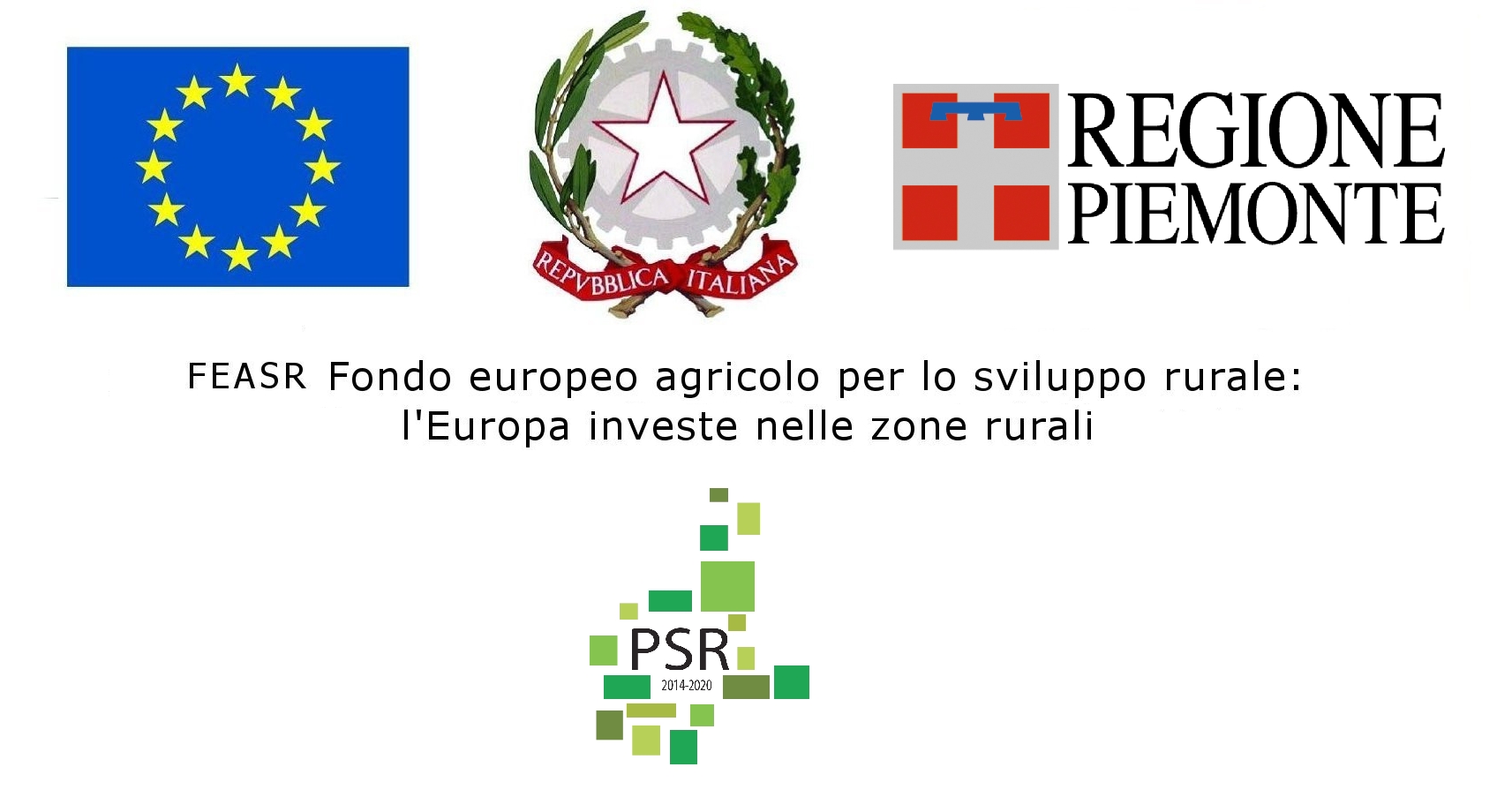Let's do organic, let's do it better
The decision to switch to organic in 2000, was first and foremost a personal lifestyle choice, not only dictated by the love for our land and our work that is intrinsic to this land, but also for the protection of our well-being Well-being, that is "feel well", "being well," ensuring the right to work and live well in a healthy area that produces good fruit.
Consequently it is a choice that is reflected on the consumer, to whom we are able to offer "good" products, cultivated with love and the utmost respect for the environment.
We believe in what we are doing and we are trying to contribute to a broader change, where environmental sustainability and enhancement without exploitation of the earth will become more commonplace.
Of course the difficulties are not negligible and being a small, family-run farm, work sometimes becomes complicated and multiplies, but the efforts are rewarded by the pleasure it gives, during the grape harvest, the ability to bite into a "rapa", i.e. a bunch of grapes, without the fear of ingesting pesticides or other chemicals: the fact that grapes were included among the most contaminated foods in Italy in 2016, make this almost a luxury.
Our claim is not to make perfect wine, but to make good wine , healthy wine ,that does not only satisfy the palate, but also the body and the mind.
Organic farming
Organic farming, as opposed to conventional farming, does not use substances that result from chemical synthesis (such as pesticides, herbicides, chemical fertilisers and pesticides) that deplete and pollute the land, and does not make use of GMOs.
Thus we only use natural substances, found in nature, and we try to develop a model of agriculture that avoids excessive exploitation of natural resources, is sustainable over time and safeguards the biodiversity of our land. Our attention is focused not only on the cultivation cycle but also on packaging and production materials and processes. Over the years we have tried to perfect the production techniques that respect and safeguard the environment and the consumer
- We do not use animal products
- We use fining agents of plant origin
- We use only the absolutely necessary sulphite content
- We use lightweight bottles to decrease shipping costs
- We use labels made of recycled paper
- We use Nomacorc Select Bio corks













